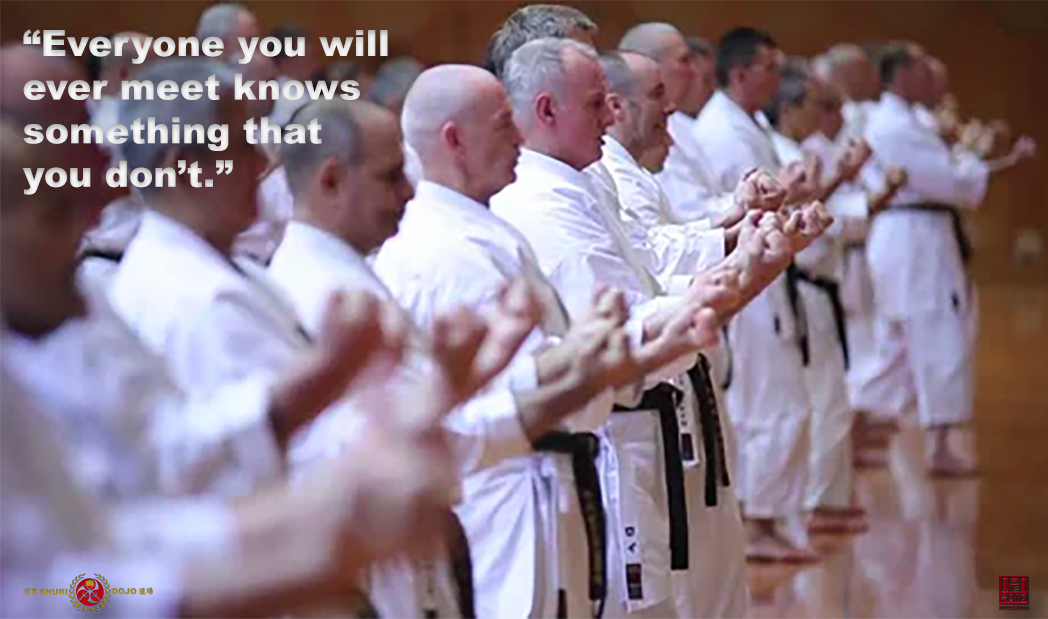
Open-mindedness involves being receptive to a wide variety of ideas, arguments, and information. This doesn’t mean that being open-minded is easy. Being open to new ideas and experiences can sometimes lead to confusion.
.
What you once practiced as a “block” or “punch” doesn’t seem to work the way you thought, and realizing is wasn’t a “block” or “punch” in the first place is difficult to understand.
.
Learning new things can be hard work. But, committing to being a lifelong learner can do so much. It helps you learn more about yourself and, in turn, helps you become better versions of who you are, a better martial artist. It’s important to do that, and to challenge yourself to continually learn new things that make you uncomfortable.
.
Being able to change and revise outdated or incorrect beliefs is an important part of learning and personal growth.
.
Open-mindedness can also involve asking questions and actively searching for information that challenges those beliefs.
.
The opposite of being open-minded is being closed-minded or dogmatic. People who are more closed-minded are usually not receptive to other ideas. They are only willing to consider their own viewpoints, and stay within their own “style” believing theirs is the ultimate.
.
“Do not pretend to know something you have not experienced.”
.
Some people have a tendency to puff our their chests and act like they know everything. Unless you experience something, you can’t truly know it.
.
Challenging your existing beliefs and considering new ideas can give you fresh insights into your martial arts and teach you new things about yourself and your training.
.
It’s hard to keep learning when you surround yourself with the same old ideas. Pushing your boundaries and reaching out to people with different perspectives and experiences can help keep your mind fresh with new thoughts and ideas.
.
If you are not open to other ideas and perspectives, it is difficult to see all of the factors that contribute to problems, or come up with effective solutions to your techniques and principles. Being able to step outside your comfort zone and consider other perspectives and ideas is important.
.
When people think that they are an authority on a topic or believe that they already know all there is to know, they are less willing to take in new information and entertain new ideas. This not only limits their learning potential, but it can also be an example of a cognitive bias known as the Dunning-Kruger effect. This bias leads people to overestimate their own knowledge of a topic, making them blind to their own ignorance.
.
True experts tend to actually be more humble about their knowledge; they know that there is always more to learn. So if you think you know it all, chances are that you probably don’t.![]()
![]()
.
.
